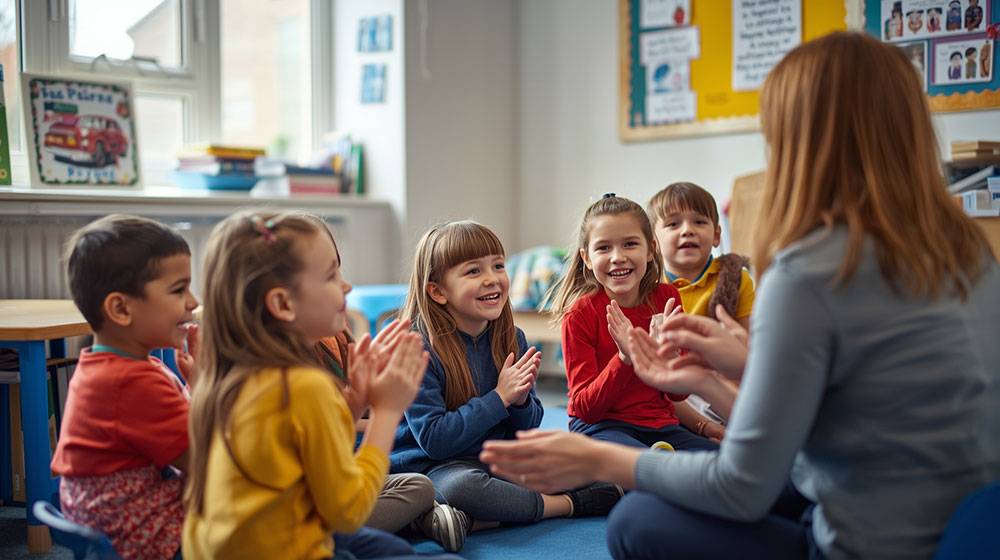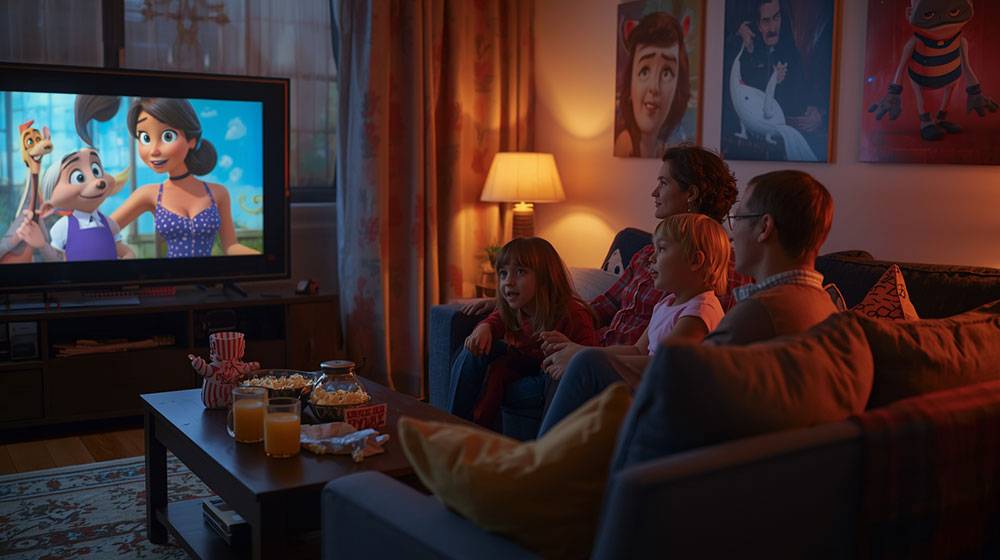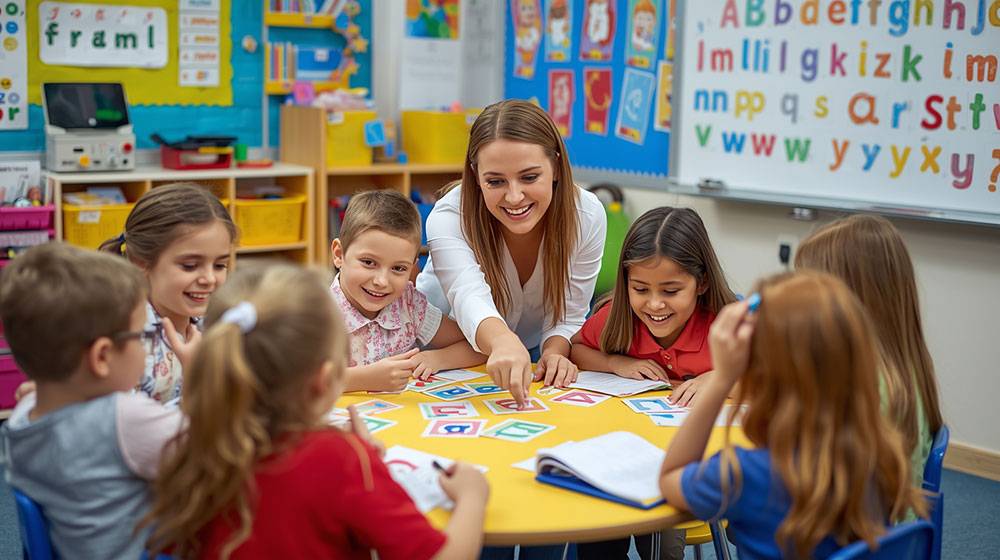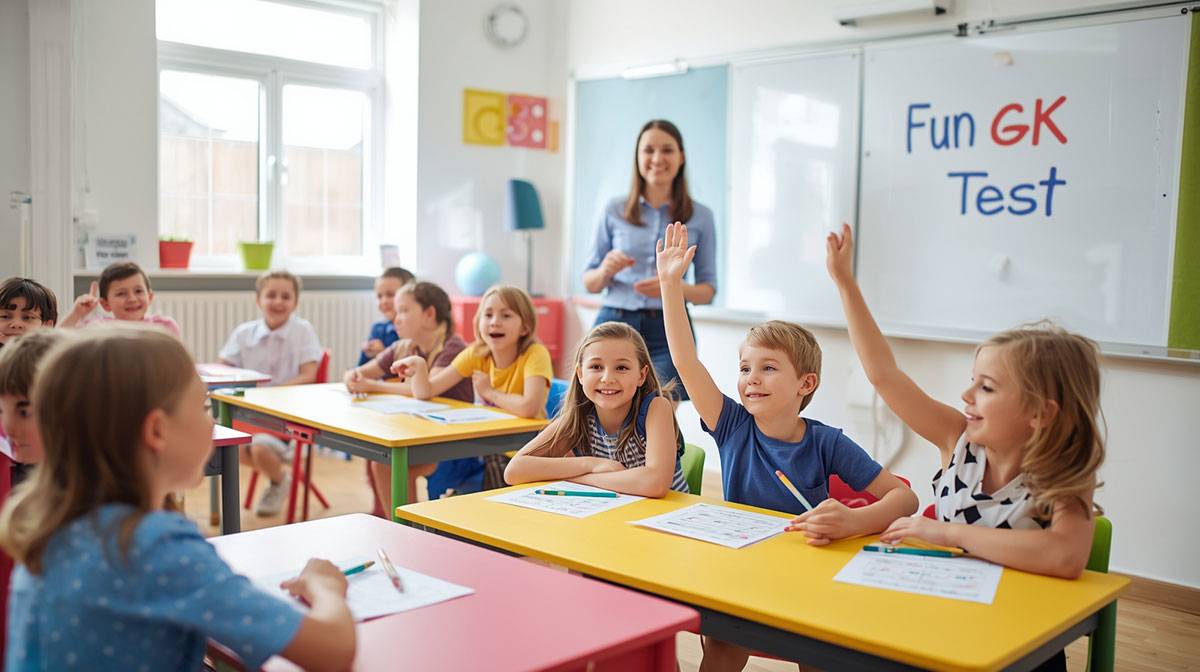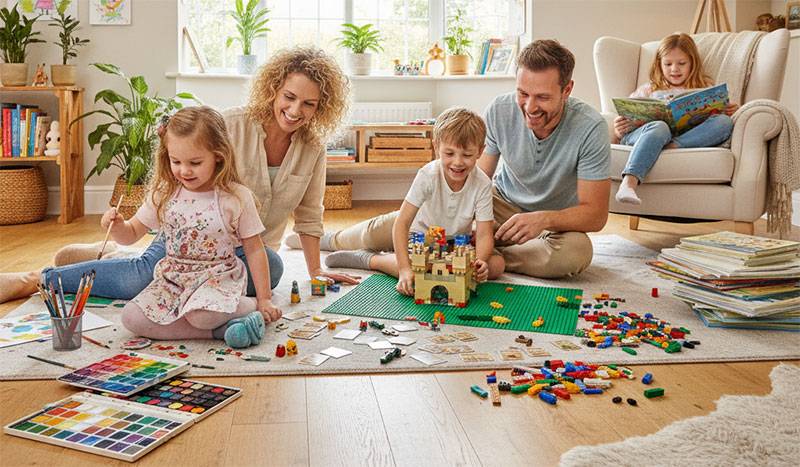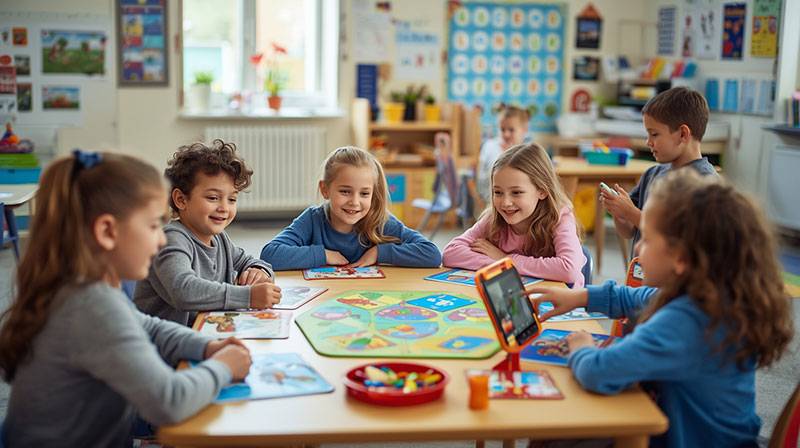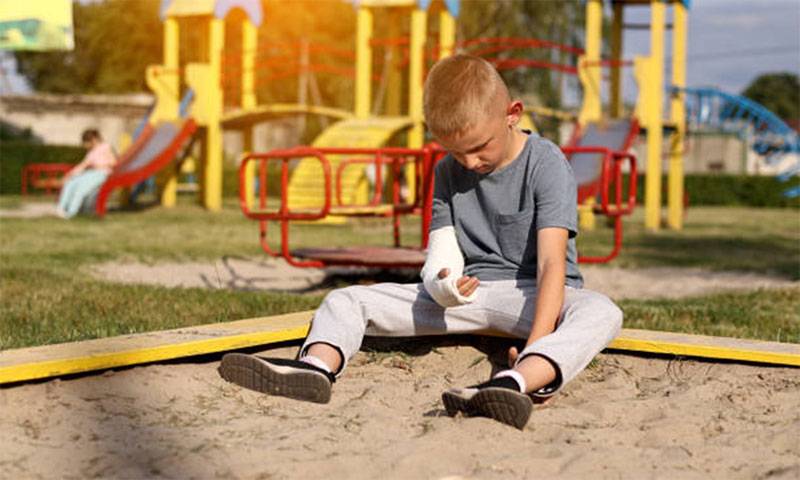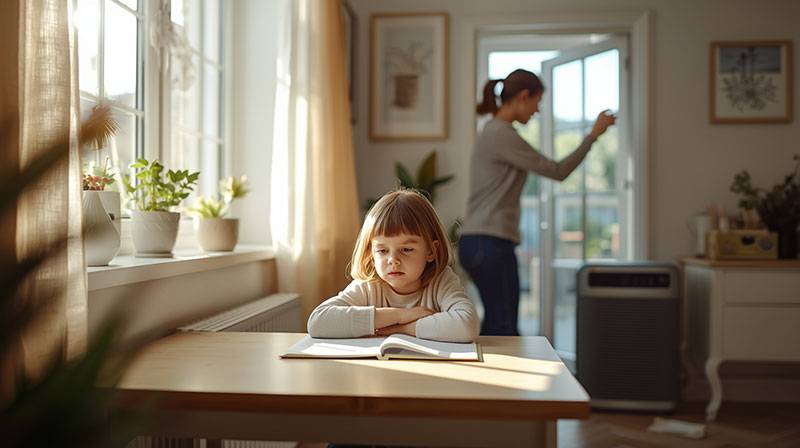The Magic of Rhymes: How Children’s Poetry Enhances Their Language and Creativity
A child’s language, rhythm, and emotional comprehension can all benefit by reading poetry, which is about more than just rhymes. Simple rhymes can convey complex ideas in a memorable and entertaining way, whether they be about generosity, friendship, or nature. Introduction: The Significance of Poetry for Children Being a witness to a three-year-old’s first recitation…

